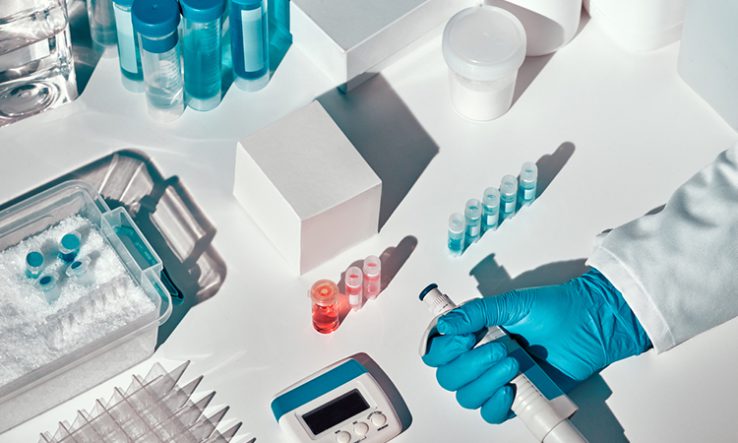
Government struggles to test at home, but is lauded for supporting global diagnostics efforts
UK aid funding is helping R&D efforts to design and deploy new diagnostics for Covid-19 in developing nations.
Supporting poorer nations is seen as crucial to preventing the spread of the disease globally and the re-importation of cases that could lead to new waves of the epidemic in the UK.
Catharina Boehme, chief executive of the Foundation for Innovative New Diagnostics, told Research Professional News the UK government has been a core funder of Find for many years through a long-standing relationship with the Department for International Development.
“The UK has been and continues to be a key supporter of diagnostics in low and middle-income countries,” she said. “The UK has always been a great supporter of Find and diagnostics.”
Last month, the UK gave £23 million to Find to help with Covid-19 diagnostics, even as its home-grown efforts to ramp up tests floundered. It has reportedly spent at least $20m (£16m) on faulty antibody tests from China.
“We are very grateful for the UK aid for our Covid-19 efforts, which will support crucial activities in the scale up of test manufacturing, particularly in low and middle-income countries where our work is focused,” Boehme said.
“The pandemic has shone a floodlight on the impact of lack of diagnostic capacity [in all countries] alike, but the challenges around diagnosis for Covid-19 are dramatically magnified in low and middle-income countries,” she said. “To respond to today’s pandemic and be prepared for the next outbreak diagnostics must be given concerted and focused attention.”
Despite the UK’s ongoing support there is still a need for about $750m to close critical gaps in the development of diagnostics and their provisions in developing nations.
“The $750m need is critical to address specific Covid-19 aims of no more preventable deaths, no more lockdowns and no more disruptions,” said Boehme. “Achieving this level of funding depends on all countries coming together to do their part.”
Boehme hopes the current worldwide focus on testing for Covid-19 will help lead to longer-term support for R&D in diagnostics that will strengthen pandemic preparedness and improve global health security.
“This laser-focus on diagnostics is unprecedented,” she said, adding that “it is really important that the community uses this momentum for lasting change”.
“Investment in diagnostics is investment in health systems,” she said. “As well as enabling response to this pandemic, stronger diagnostic systems and infrastructure enable preparedness for the next pandemic, help tackle the growing threat of antimicrobial resistance and also underpin universal health coverage.”